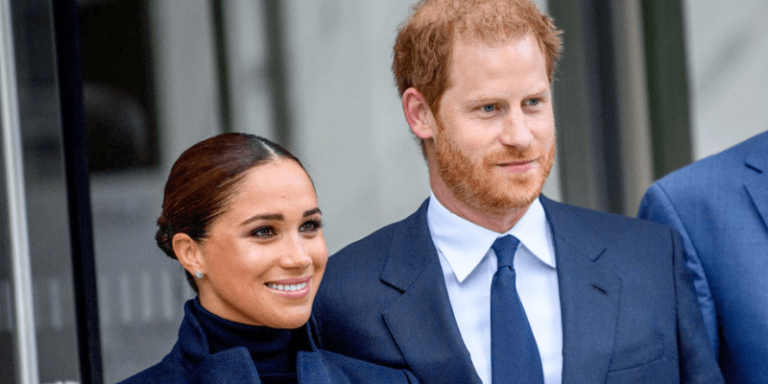Prince Harry: The First Amendment Is ‘Bonkers’
Freedom of speech may be a foreign idea to the British royal.
By: James Fite | May 22, 2021 | 581 Words

Prince Harry (right) (Photo by Roy Rochlin/Getty Images)
The U.K.’s Prince Harry has once again to stirred up American media, this time for calling the First Amendment “bonkers” on a podcast with actor Dax Shepard.
News outlets mostly ignored the fact that he and his host had been discussing how the news media constantly hounds celebrities in America. They also, in many cases, quoted his words out of order. Despite this, the outraged coverage does reveal an issue common to many who speak out against the First Amendment: Harry doesn’t really understand it. Why? Because there is no real freedom of speech where he’s from.
As a member of royalty, Harry would have been restricted by tradition in what he might say, but a random Brit might go to prison for saying certain things. And if Harry did slip up and give the media a scandal, the government can always suppress the story.

Not so in the United States.
Made in America
The First Amendment to the U.S. Constitution reads:
“Congress shall make no law respecting an establishment of religion, or prohibiting the free exercise thereof; or abridging the freedom of speech, or of the press; or the right of the people peaceably to assemble, and to petition the Government for a redress of grievances.”
This is explicitly a restriction on government power. “Congress shall make no law” that violates the right to freely express one’s opinions and beliefs. It preserves the right of the press to harass celebrities, but that side effect is necessary if one wants a press free to expose corruption and keep the people informed.
The focus is on restricting the government, not the people. While many Americans take it for granted, that is the most important point of the Bill of Rights: that individual liberty trumps the authority of the government.
Kneel Before the Crown
The British monarchy has often limited the right of the people or the press to do the things listed in the First Amendment. While the British royals no longer run the kingdom, Parliament has kept the idea that the people should be free, but only if they don’t cross the government.
When an American thinks of a constitution, the U.S. founding document likely comes to mind. The “constitution” of the United Kingdom is less a single, binding document and more a collection of writings stretching back to the Magna Carta of 1215. The closest thing Brits have to a guarantee of freedom is the Human Rights Act of 1988. Article 10 reads:
“Freedom of expression
- Everyone has the right to freedom of expression. This right shall include freedom to hold opinions and receive and impart information and ideas without interference by public authority…
- The exercise of these freedoms, since it carries with it duties and responsibilities, may be subject to such formalities, conditions, restrictions or penalties as are prescribed by law and are necessary in a democratic society, in the interests of national security, territorial integrity or public safety, for the prevention of disorder or crime, for the protection of health or morals, for the protection of the reputation or rights of others, for preventing the disclosure of information received in confidence, or for maintaining the authority and impartiality of the judiciary.”
That’s a far cry from “Congress shall make no law …” The restriction there falls on the individual or enterprise, not the government.
As “bonkers” as entertainment news and social media may be, that’s the price of freedom.















